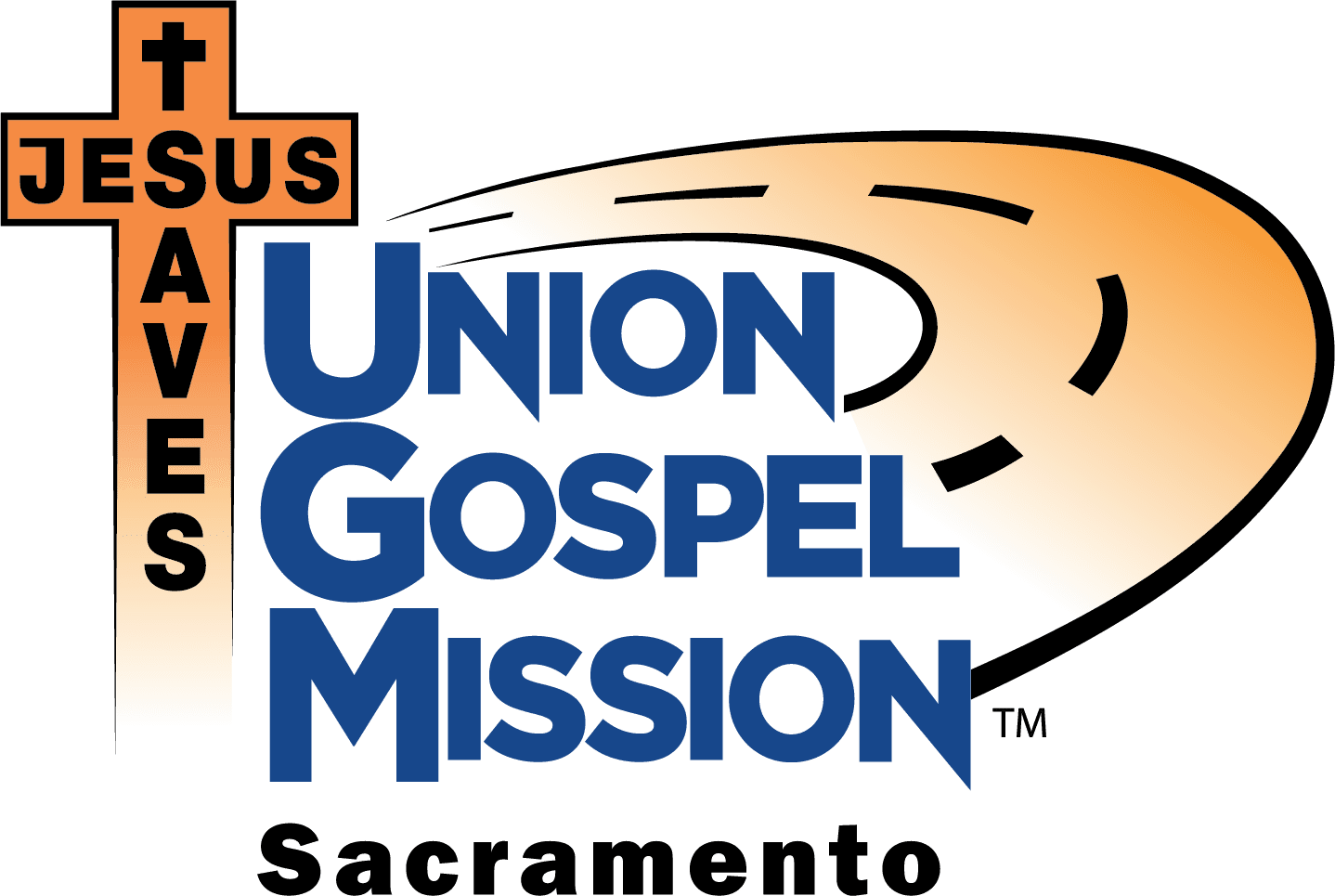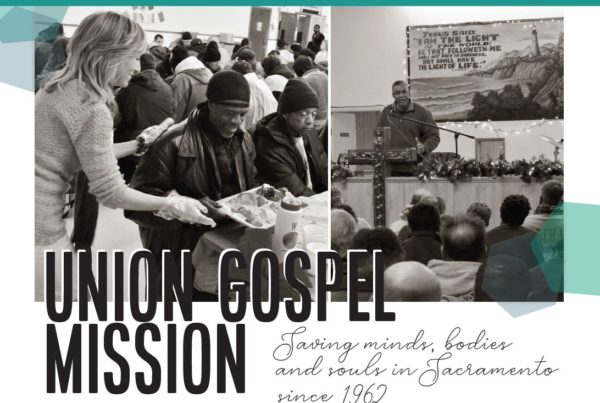His Divine Power Has Given Us Everything We Need for Life and Godliness Through our Knowledge of Him
I burned out as a counselor after only a few years. Granted, I’d been counseling 60-70 hours per week (mostly inpatient) since I’d gotten my Master’s Degree and I was physically and emotionally tired. No matter how hard I tried or how much I gave, many of the counselees I saw were still severely depressed, cutting on themselves, attempting suicide, hearing voices, starving themselves, experiencing panic attacks—generally very self-destructive and not getting any better. The psychiatrist with whom I worked required all therapists to be on call 24/7, but even our consistent availability didn’t matter. Sometimes it seemed it made things worse, because, apart from God, all of us are bottomless pits, demanding to be filled with something or someone. So, when we don’t allow Him to be our God, and obediently live life His way, we make other people and other things into idols to fill us. At this point in my life (I didn’t know it then), I would say we therapists enabled the counselees’ idol-making (and what were our own idols that we were willing to try and be their saviors?) What I didn’t realize, however, was the fact that I was spiritually starved and exhausted. God graciously gave me another job which provided lots of time for me to get back into His Word. In light of all I’d been through, a particular passage I read absolutely astounded me with its brilliance and brought God’s light and life back into my starved soul:
His divine power has given us everything we need for life and godliness through our knowledge of Him who called us by his own glory and goodness. Through these, he has given us his very great and precious promise, so that through them you may participate in the divine nature and escape the corruption in the world caused by evil desires.
For this very reason, make every effort to add to your faith goodness; and to goodness, knowledge; and to knowledge, self-control; and to self-control, perseverance; and to perseverance, godliness; and to godliness, brotherly kindness; and to brotherly kindness, love. For if you possess these qualities in increasing measure, they will keep you from being ineffective and unproductive in your knowledge of our Lord Jesus Christ. But if anyone does not have them, he is nearsighted and blind and has forgotten that he has been cleansed from his past sins.
Therefore, my brothers, be all the more eager to make your calling and election sure. For if you do these things, you will never fall and you will receive a rich welcome into the eternal kingdom of our Lord and Savior Jesus Christ (2 Peter 1:3-11).
I thought about all my secular studies and wondered how my life and the lives of those I counseled would have been different had I spent that time studying and learning to better apply God’s Word. I was astounded and humiliated for having been deceived into believing that God wanted to use what I’d learned in college and in the field from other (even Christian) counselors and books to help people change. Functionally, I had forgotten I’d been cleansed from my past sins and I had become ineffective and unproductive in the knowledge of my Lord. I had forgotten God wrote the Book on how people change. I am so grateful to Him for opening my eyes to the foolishness of man’s wisdom which says people can change without Him. Of course, it true that they can change externally without Him. But the only change that matters to God is heart change because that is where the motivation of why we do what we do is found. No secular theories or secular theories plus Scripture can change our hearts. Godly heart change comes from God alone. I am so sad to say that I actually believed that there was “a lack in the content of biblical Christianity itself which requires the addition of psychology” (Matzat, 1990, p. 10). Because at first, I saw counselees get better (short term, as it turned out!) and thought, “It works!” But, “Is the devil willing to trade healing for heresy, deliverance for deception, emotional health for doctrinal confusion? I believe he is,” Pastor Matzat states emphatically (1987, p. 140), and I agree. What I also didn’t realize was that my problem showed “. . . evidence of [my] failure to grapple with and seek the Lord for an understanding of His Word . . . [because] it is only fair to point out that it is far easier to borrow from psychology than it is to grapple with the theology of the New Testament, especially with the Apostle Paul” (1990, p. 10). With a repentant heart, I eagerly began to grapple with and seek wisdom from God’s Word with the same studiousness I had from my worldly sources:
If you accept my words and store up my commands within you, turning your ear to wisdom and applying your heart to understanding, and if you call out for insight and cry aloud for understanding and if you look for it as for silver and search for it as for hidden treasure, then you will understand the fear of the Lord and find the knowledge of God. For the Lord gives wisdom and from his mouth come knowledge and understanding (Proverbs 2:1-6).
I realized that no matter how much people hurt, trying to help them find emotional health apart from God so they can then get right with God doesn’t make any more sense than a person trying to be good so he can come to God for salvation. With that conviction, I repented and confessed to God in sorrow and grief that I had exchanged His Words of life for a lie: the lie that effective heart change in His people (who are His Body!) comes through the wisdom of the world (which He says is foolishness); the lie that life can be found apart from God. The only prerequisite for godly change is a repentant heart. As I continued to repent and to study, learn, and apply God’s wisdom to my own life, I was led to go to my counselees and to ask their forgiveness for teaching them lies. Thankfully, they were very forgiving and most said I’d helped them know God better. While it helped me “feel better” to hear that (since it had been my true motivation), I still knew in my heart that I’d used the wrong methods to do it. I knew I had sinned against them and needed to ask their forgiveness. Only God’s method (applying His Word through the power of the Holy Spirit) can affect Godly change in our hearts. But, guess what! As I began counseling from God’s Word, many, many counselees got well (some of whom had been hospitalized and/or in therapy for years!). Their various diagnoses included multiple personality disorder (MPD; now called DID), major depression, eating disorders, borderline personality disorder, PTSD, schizoaffective disorder, panic disorder, alcohol/drug addictions, etc. As God says in I Corinthians 6:11:
“And that is what some of you were, but you were washed, you were sanctified, you were justified in the name of the Lord Jesus Christ and by the Spirit of our God.”
They found true freedom in Christ—not through denial of their problems, “magic” or “just say no,” but through learning to apply His truth to their lives (through true spiritual warfare: the “blood, sweat, and tears of dying to oneself and listening to God” [Powlison, 1995, p.123]) and they gained true wisdom.Of course, not all (even Christian) counselees wanted Biblical counseling and those I referred to other counselors. Over the years (now around 20 since this first started), some Christians with the same diagnoses, after seeing their friends get well, have come to talk about getting well themselves. When they find out getting well has to do with doing things God’s way, they shake their heads sorrowfully or rebelliously and say, “my problem has nothing to do with God” and are not willing to try His way, other than how they have defined His way themselves (rather than how He defines it). For instance, a person who says, “I know God wants me to be happy so He wouldn’t want me to have to [whatever He calls them to do],” really doesn’t really know—or care–what God wants. They too have bought into the cultural, psychological, and spiritual lie that God wants what they want. It’s an age of self, not God.I thank God for His intervention in my life, and I thank Him for using many people who were willing to stand up for His truth through their preaching, teaching, and writing. I listened and read people such as John MacArthur, Jr. (I’d always listened to MacArthur on the radio, but I remember when I first started doing formal counseling and was hearing him talk about psychology, I said to him [well, I said it to the radio], “I love your preaching, Dr. MacArthur, but this is one place where you’re just wrong!” It was years later before I saw I was the one who was badly in error.), Jay Adams, NANC, CCEF (I love The Journal of Biblical Counseling), IABC (Ed Bulkley), Deborah Dewart of Christian Discernment—and other authors and speakers to whom I also owe a debt of gratitude for their roles in helping me out of the quicksand of theoretical psychology. Praise God that “His divine power has given us everything we need for life and godliness through our knowledge of Him who called us . . . “ Bibliography: Matzat, D. (1987). Christ esteem: where the search for self-esteem ends. Eugene, OR: Harvest House.Matzat, D. (1990). Inner healing: Deliverance or deception? Eugene, OR: Harvest House.Powlison, D. (1995). Power Encounters: Reclaiming spiritual warfare. Grand Rapids: Baker In this journal, the focus is on the sufficiency of God’s Word in counseling: Gil Rugh, pastor of Indian Hills Community Church in Lincoln, Nebraska helps us see the danger of unsuspectingly allowing the Trojan Horse full of psychological theories into the church’s midst. He reminds us that the Greeks thought the horse was a gift, but it was a deceptive way to get into the city so they could destroy it. Most churches see psychological theories as a gift. We are asked to consider whether they are a gift or a way to destroy our dependency on Christ and His Word.James M. Hamilton,, Jr., assistant professor of Biblical Studies at Southwestern Baptist Theological Seminary, Houston Park Place Campus, and preaching pastor at Baptist Church of the Redeemer in Sugar Land, TX, writes in 9 Marks Ministries newsletter that “The Greatest Danger Facing the Church Today” is not from without the church but from what pastors have allowed into it. He challenges pastors not to make Christianity “nothing more than the best form of therapy [and] self-help.” He reminds us that Christianity is primarily about the Gospel of Jesus Christ and delineates what that looks like in the local church.)? Eric Willis, Pastor of Caring Ministries at Bent Tree Bible Fellowship and founder of Reclaim Ministries, encourages leaders who struggle with sin to understand their humanness by not heaping unbiblical expectations on themselves and to humbly accept God’s forgiveness when they do sin so they can be “Leaders Living Forgiven.”In the practical theology section, Deborah Dewart, of Discernment Ministries, tells her story of years of fruitless counseling (“all the world’s therapies and all the world’s men couldn’t put Debbie together again”) until God’s Word completely healed her. Her theologically astute words bring glory to God for His work in her life even as she reminds us what the gospel of Jesus Christ can do in our own lives, the lives of those wishing to counsel others, and the lives of those needing counsel, as God powerfully brings about heart change in all of us through His counsel, The classic sermon for this issue is by George Whitefield (1714-1770). He reminds us of our “Duty to Search the Scripture” in his sermon taken from John 5:39 with its admonition to search the Scriptures. By doing so, he tells us we will not be eating husks of the world, but the true manna of God. It is our duty to search the Scripture to see that we are not deceived by the wisdom of this world, which brings death, but that we are meditating on the true wisdom of God, which brings life. The quotations and short excerpts section will also give us succinct reminders and encouragement to follow God’s Word and wisdom; the resources section builds on those by leading us to good books and articles which emphasize the sufficiency of Scripture for all areas of our lives.May you be blessed as you read, meditate, pray, and are provoked, as were the Bereans, to “. . . examine the Scriptures every day to see if” these things are true. (Acts. 17:11).
WRITTEN BY PASTOR TIM LANE








